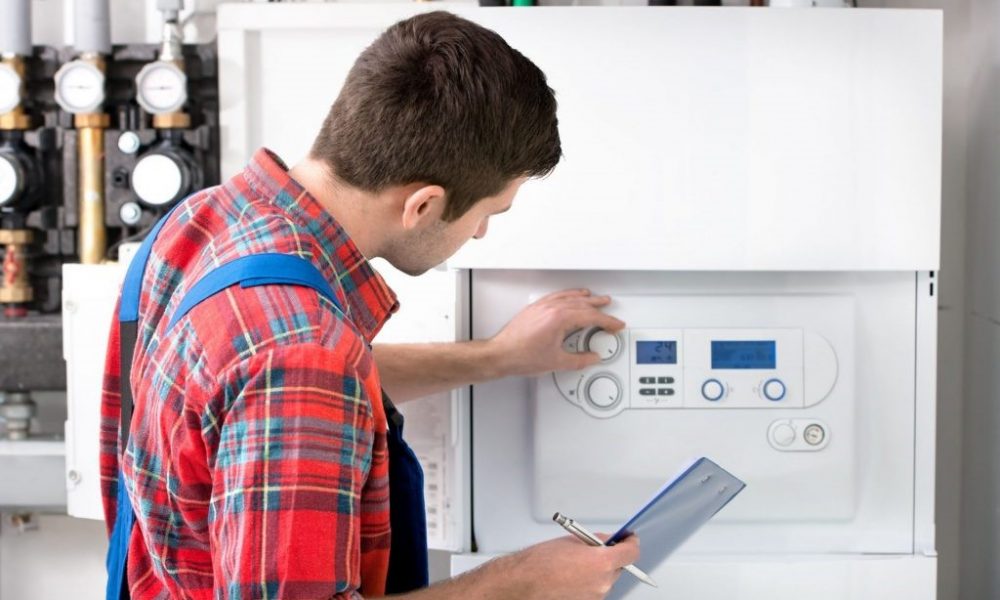To guarantee that the water is safe and free of contaminants, it is subjected to a battery of tests designed to verify that it satisfies all applicable regulations. This broad concept includes many distinct approaches of analysing and evaluating water quality.
Best water Quality Testing
Water quality testing is mandatory for everybody who has a stake in the water industry. To protect us from the probable health dangers connected with drinking chlorinated water, government organisations may be attempting to control water quality, or individual homeowners may be taking steps to guarantee that their tap water is safe to drink.
In order to ensure that the water supply is free of any environmental hazards or health issues, it must be tested on a regular basis, regardless of whether it is utilised for commercial, agricultural, household, or municipal purposes, or by public municipalities or private homes. This is true whether the water is destined for human use, industrial use, agricultural use, or any other purpose.
Methods for analysing water quality
As a consequence of the development and refinement of modern chemistry, we can now detect hundreds of potentially harmful chemicals and microorganisms in water. This chemical may be tested with very dilute concentrations. There are so many options for diagnostic procedures nowadays that you could feel dizzy just thinking about all of them.
While it would be interesting to learn more about the water’s composition, it is not essential. Exams may be conducted using one of a few simple ways, each of which can provide reliable results in very little time and with less technological investment than the others.
The water analysis using disposable strips The concentration of a chemical in water may be determined by observing the colour change of these strips in response to varying concentrations of the molecule.
- When compared to conventional techniques of water testing, colour disc kits can detect a wider range of pollutants.
- Handheld digital metres are convenient for field usage and may be used to detect a wide range of chemicals in water.
- Because their precision cannot compare to that of expert analysis conducted in a laboratory setting, these tests are often used only as preliminary inspections.
- If you need to screen for a wide variety of pollutants, control the circumstances under which the test is conducted, or simply want to be sure of the results, laboratory testing is your best option.
Laboratory-grade kits are widely considered as the gold standard for accurately identifying a wide range of issues with water. Getting tested is as easy as purchasing a kit, sending it off to a lab, and checking your account online to get the results.
When and why are routine water quality checks so important?
Most people everywhere in the world acquire their water supply from an individual household or business. Wells, ponds, and dugouts all fall under this category. The water supply has a significant impact on the economy, public health, and social stability of a community. Testing and monitoring water quality on a regular basis is crucial for ensuring the safety of drinking water and reducing the risk of water-related illnesses.


